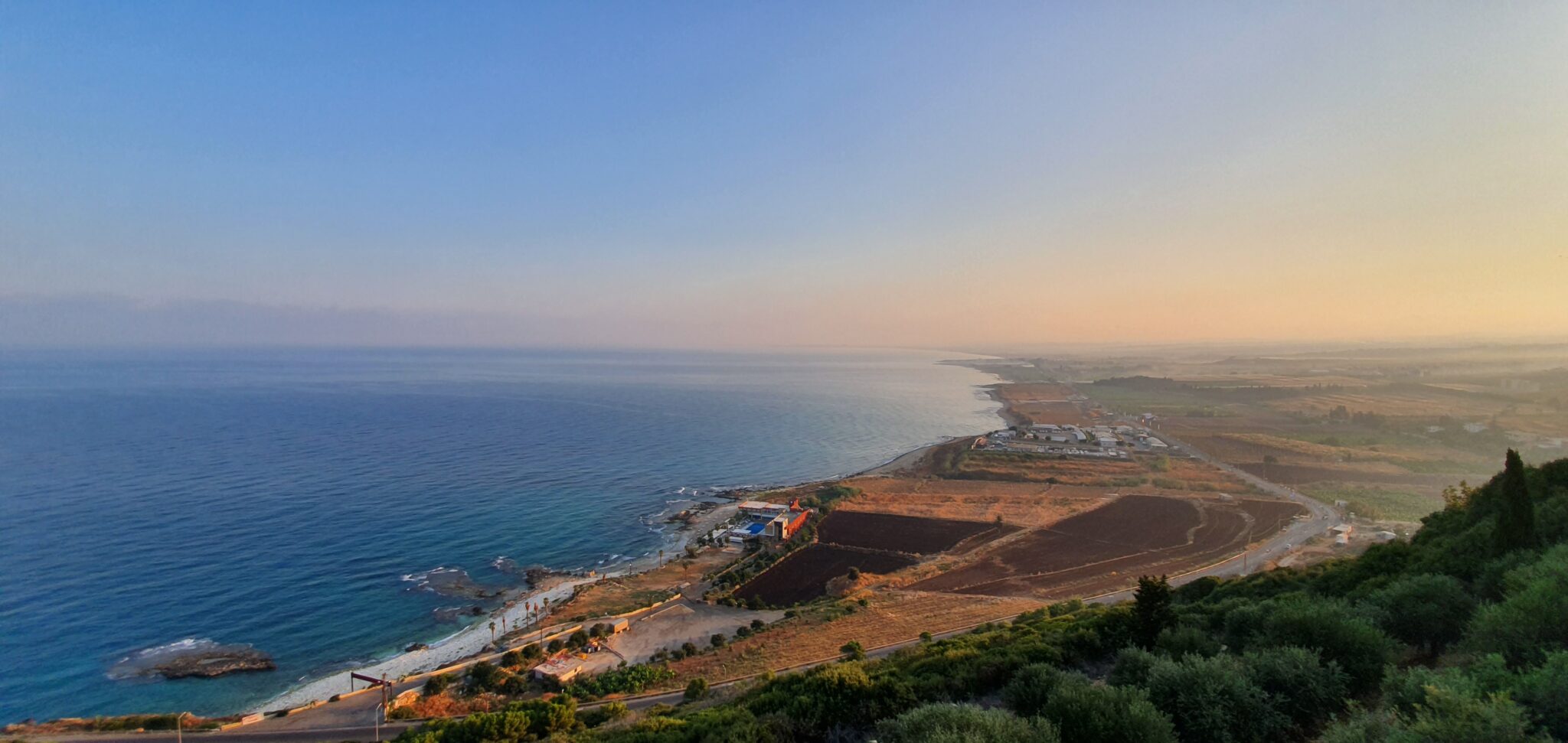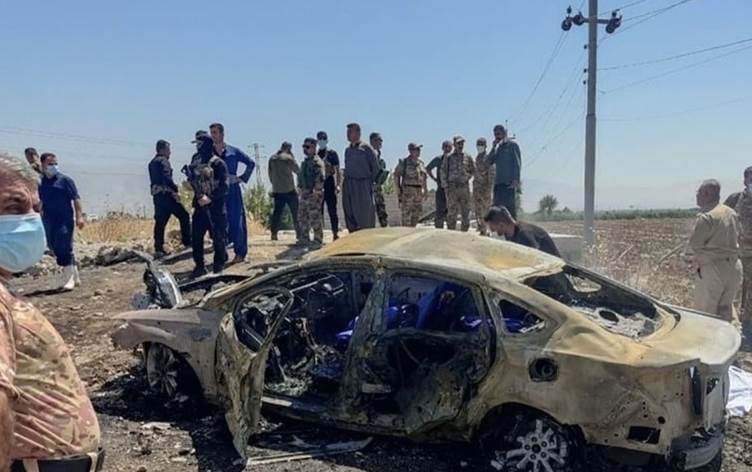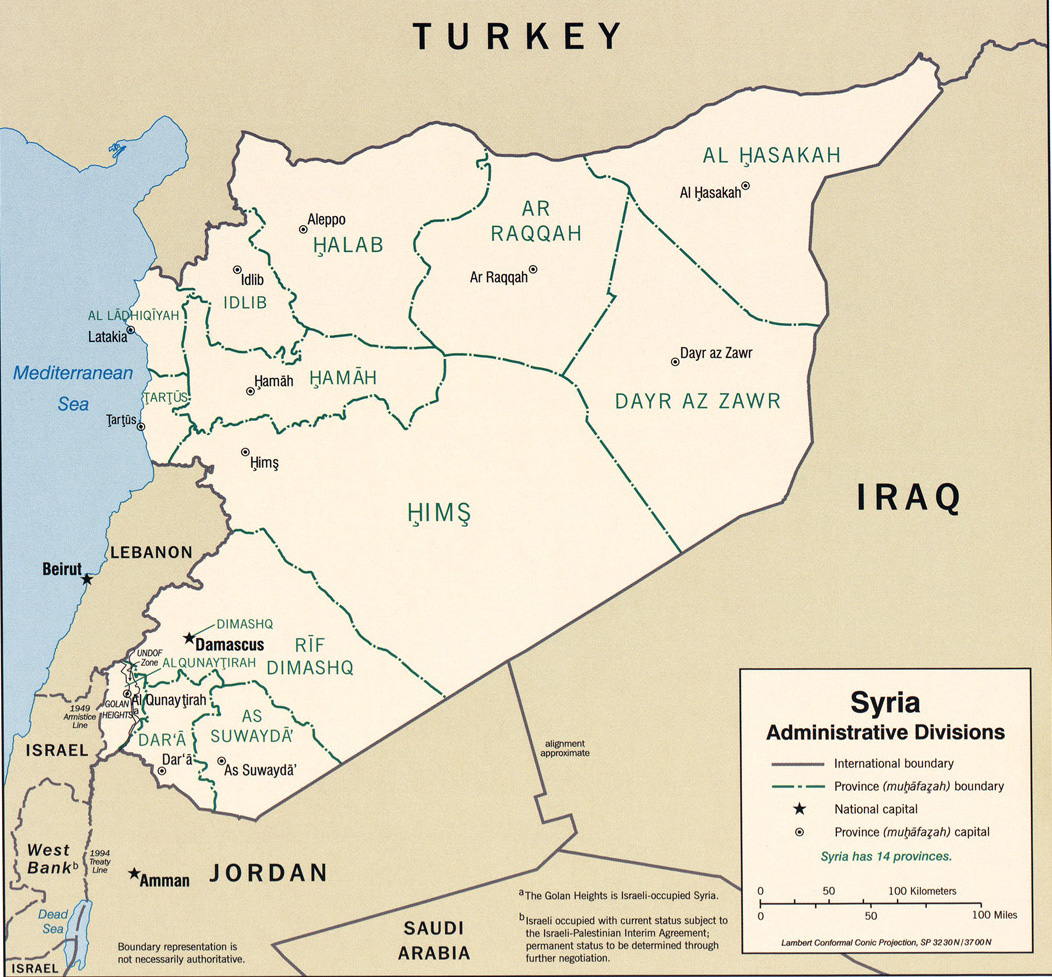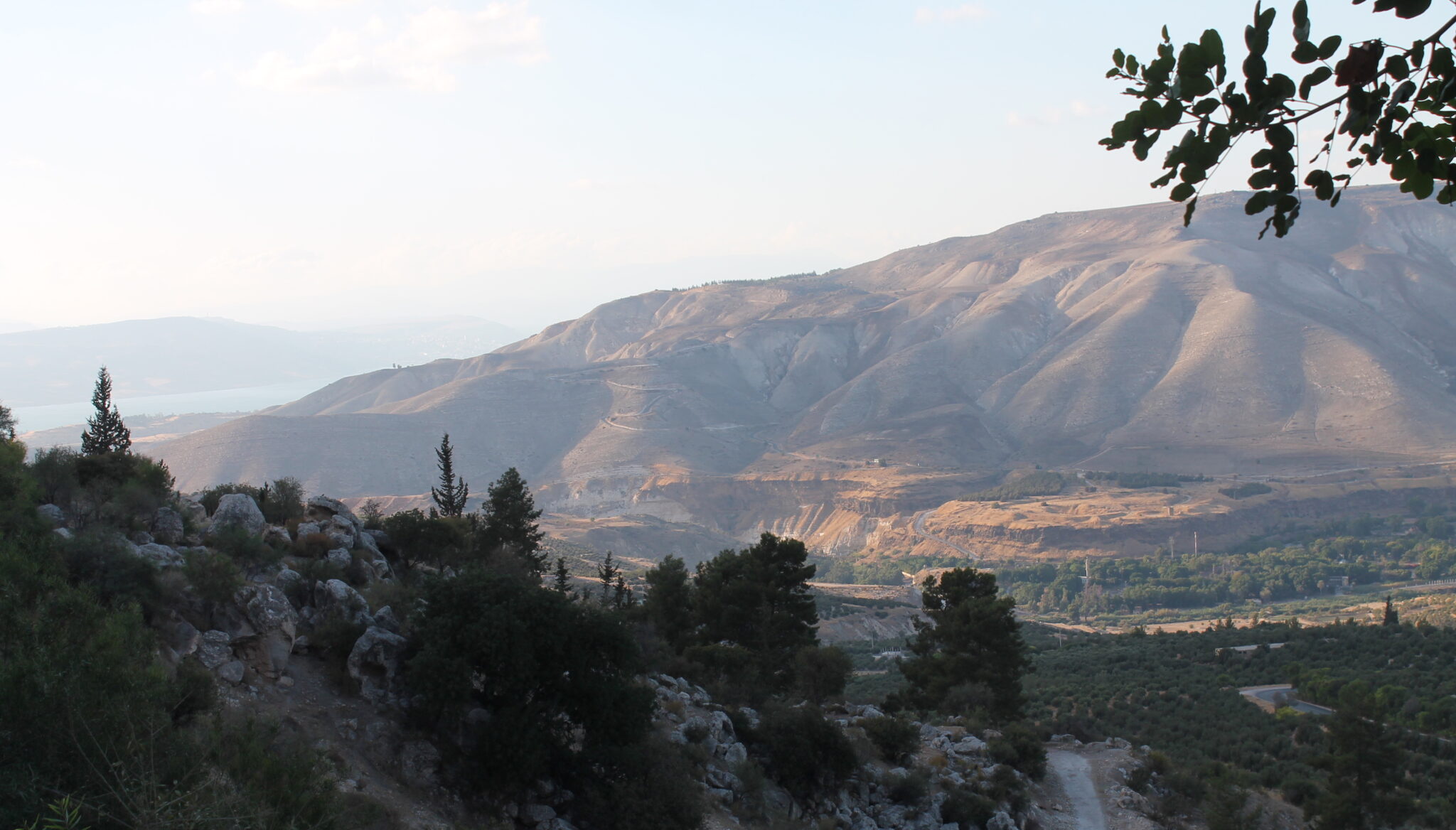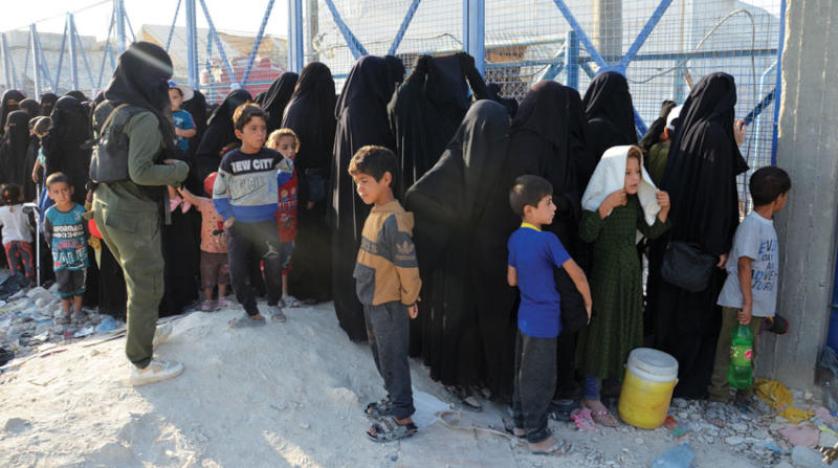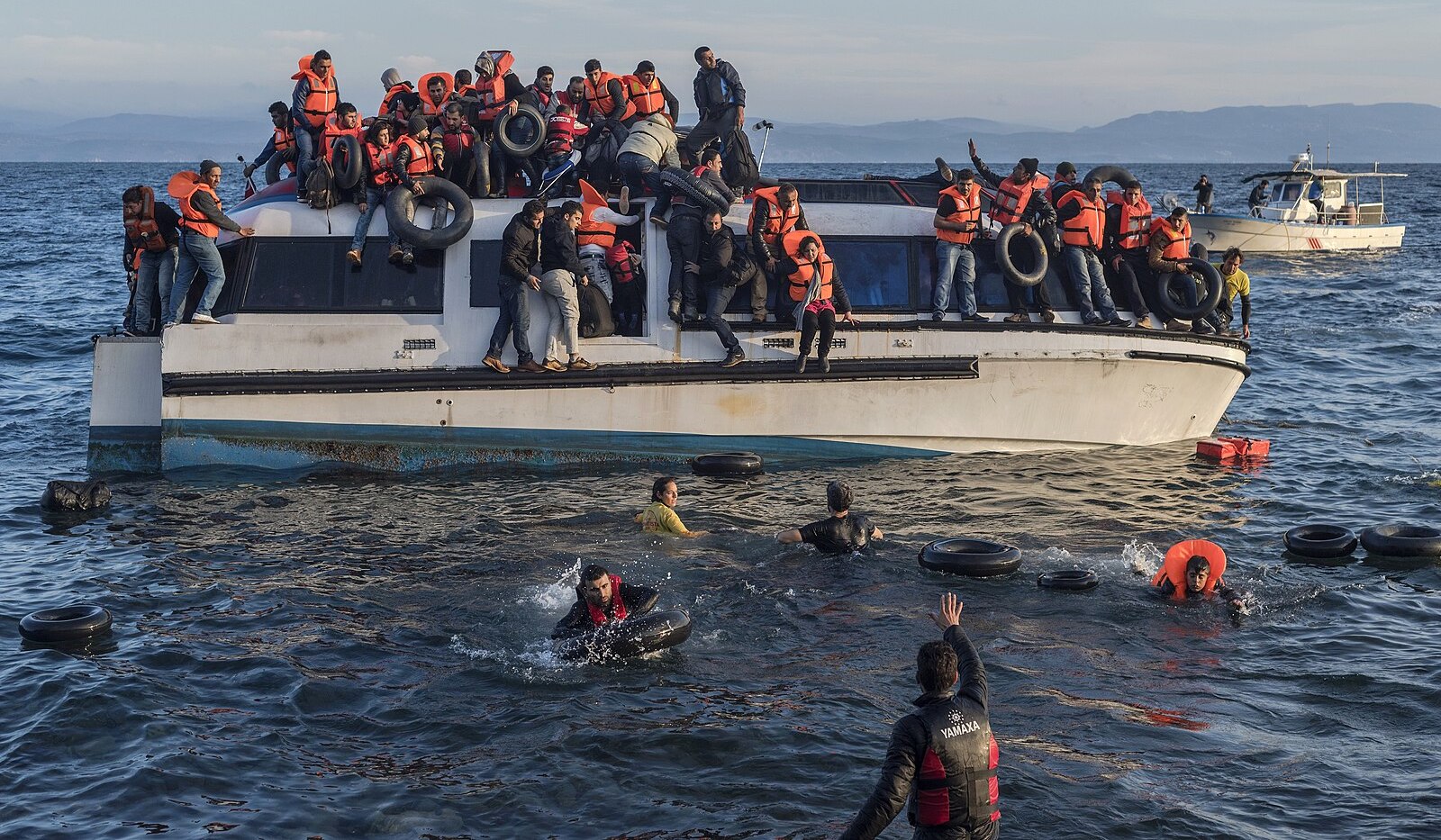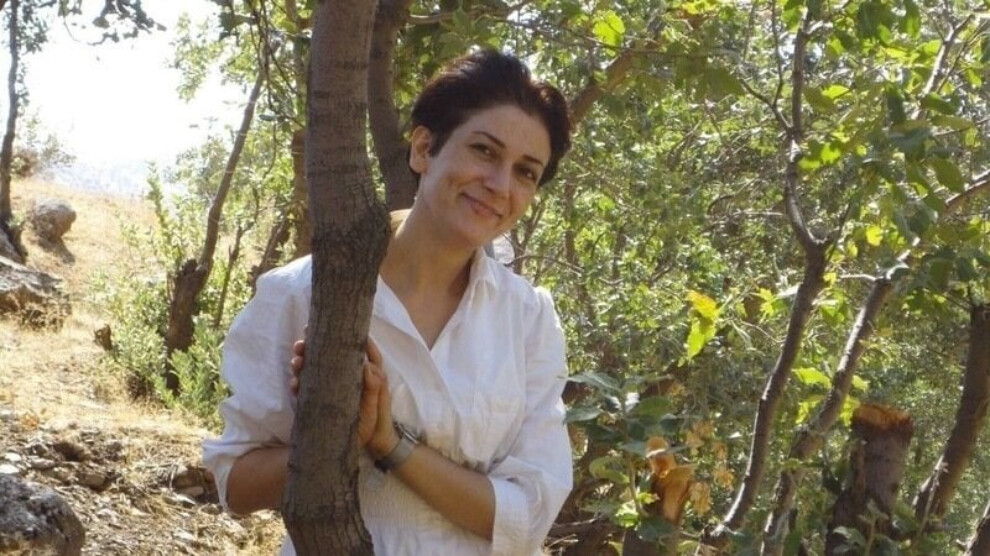
Iran: revoke death sentence of Kurdish activist
Over 26 rights organizations, including the Kurdistan Human Rights Network and Center for Human Rights in Iran, issued a joint statement calling for the immediate revocation of the death sentence imposed on Kurdish women’s rights activist Pakhshan Azizi. This sentence, handed down by the Iranian judiciary, has sparked international outrage, with the organizations calling it “a blatant violation of human rights principles and standards as well as international conventions and treaties.” Held in solitary confinement for months, during which time she was subjected to torture to coerce confessions, Azizi was sentenced to death by the Islamic Revolutionary Court in Tehran on charges of “armed insurrection” and “membership in opposition groups.” Her lawyers maintain that Azizi has no involvement in any armed groups, but that she spent years working in displaced persons’ camps in Syria’s Rojava region, providing humanitarian aid to those displaced by ISIS violence. (Image: ANF)



